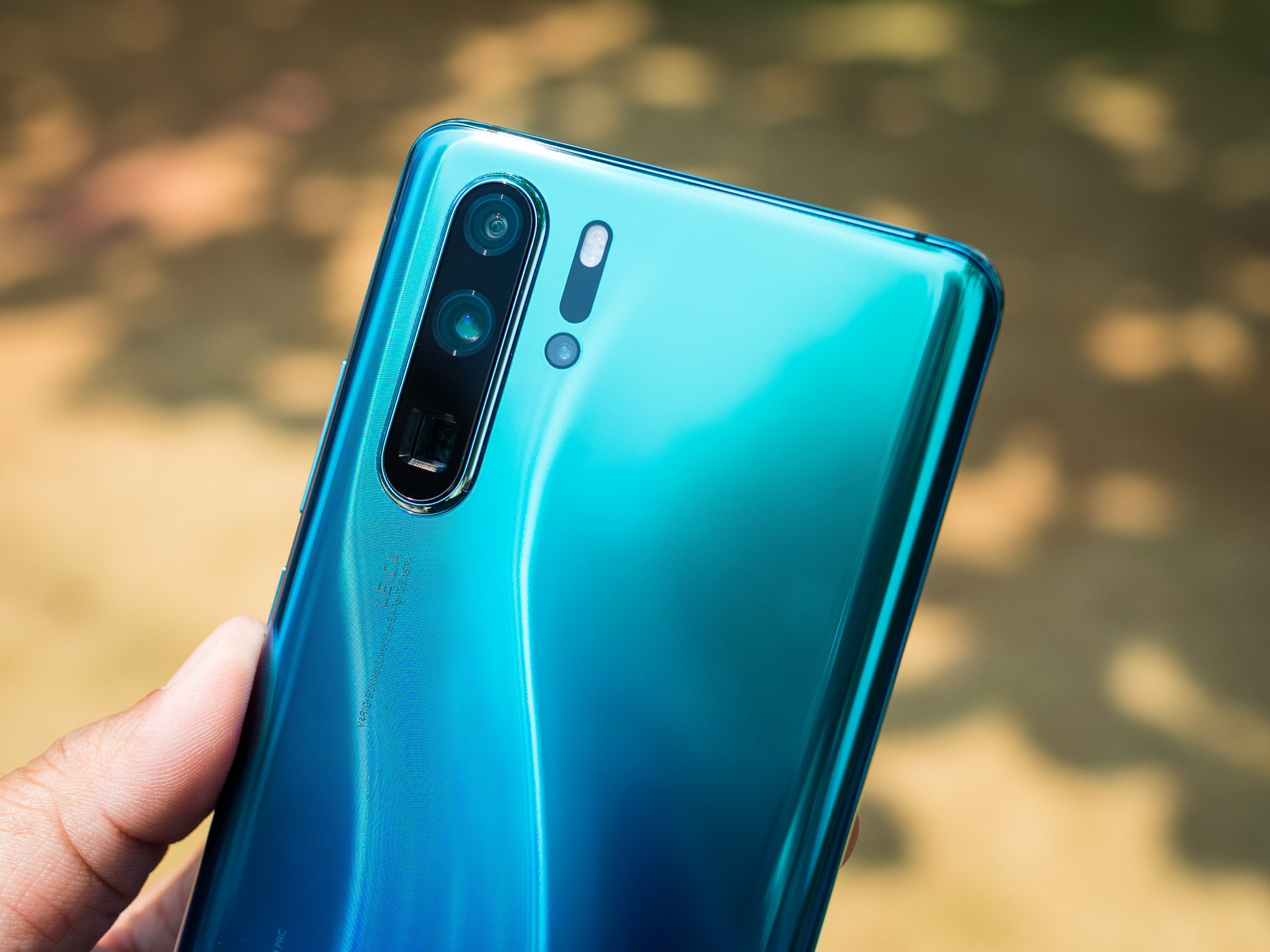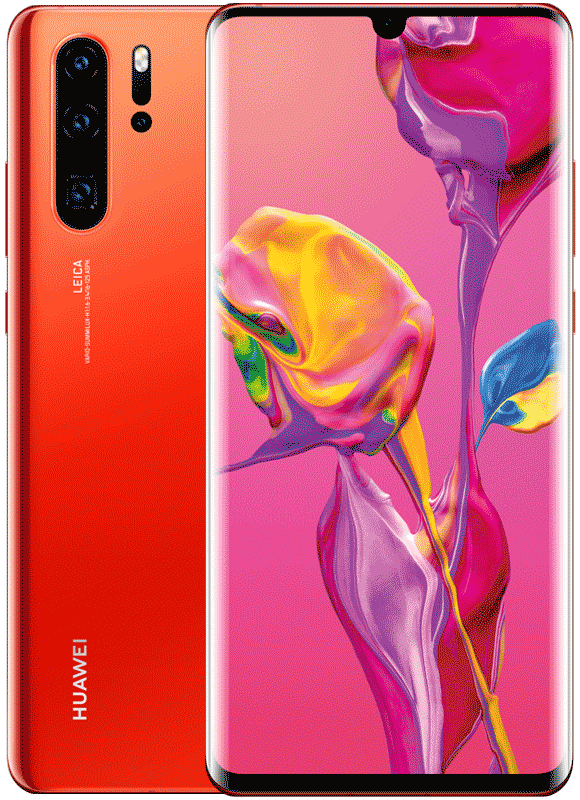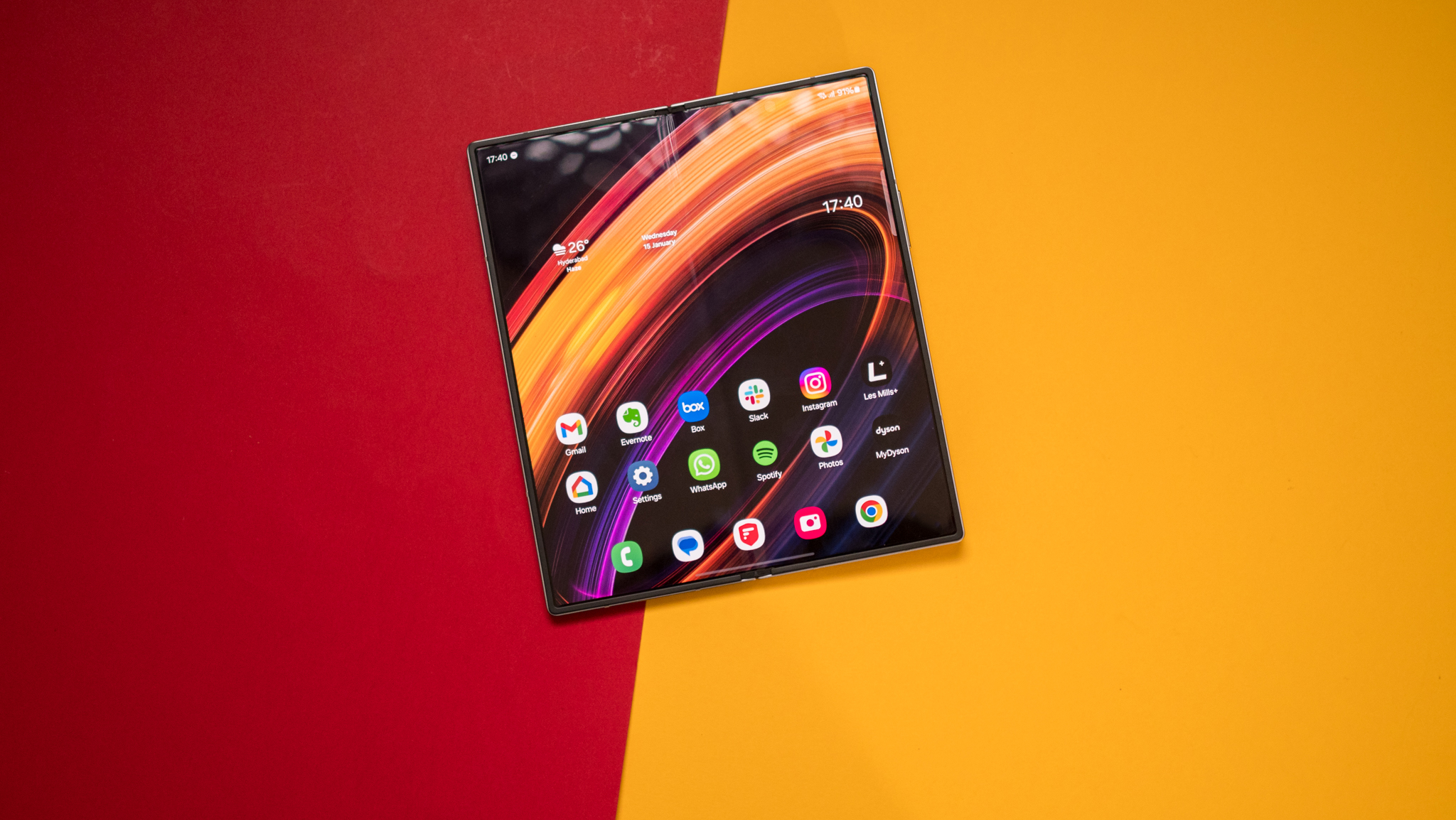As a technology reviewer, friends and family often turn to me for advice on what gadget to buy. For years, it was usually a question of whether they should buy the latest Galaxy or iPhone, but last year, Huawei got added to the conversation in a big way with the P20 Pro.
The P20 Pro was arguably Huawei's breakout device. Every company has one of these – for Samsung, the Galaxy S III awakened the world's eyes to the company's product line – and while Huawei was already a large player, the P20 Pro was when the world truly took notice. Compared to the Galaxy S9 and OnePlus 6, the P20 Pro's camera was producing photos in low light that wouldn't be rivaled by anyone until Google almost six months later.
Fast forward a year, and mentioning Huawei invokes several different conversations at once. First, there's the matter of its subsequent devices, such as the Mate 20 Pro last October, and the P30 Pro launched earlier this year. More importantly, there's the discussion around the company's ongoing problems as a result of the trade war between the U.S. and China where it finds itself in the center.
That trade war has also seen one of the biggest discussion points around Huawei arise to the forefront: does the company pose a security risk? That's a question best left for the experts, as there's evidence out there but it's yet to be proven, but all this raises one important question to me: should you buy the P30 Pro?
After using it for the past 3 months, my answer is a resounding yes, but it does come with certain caveats attached. Here's why the P30 Pro is the phone I recommend to everyone.
The only camera you need
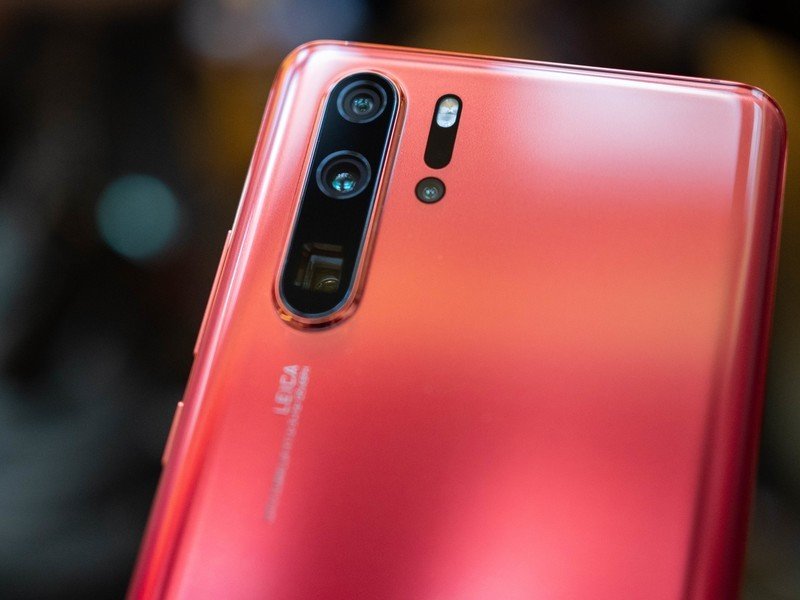
Surprise, surprise, I love the P30 Pro camera. Here's the thing – I have every 2019 flagship in my possession, yet when I want a reliable camera that can do everything, I always turn to the P30 Pro.
Why? That's easy: it seemingly has everything. The Pixel 3 is incredible in low light thanks to Night Sight but lacks the wider field of view and multiple cameras. The Galaxy S10 is a great all-rounder but lags far behind in the zoom department. Devices like the Oppo Reno offer 10x zoom but fail to hit other areas that the P30 Pro does.
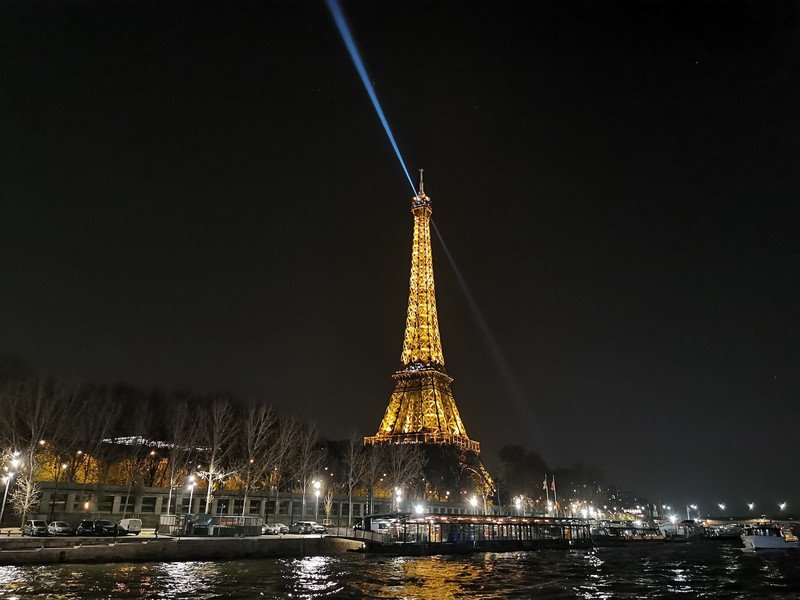

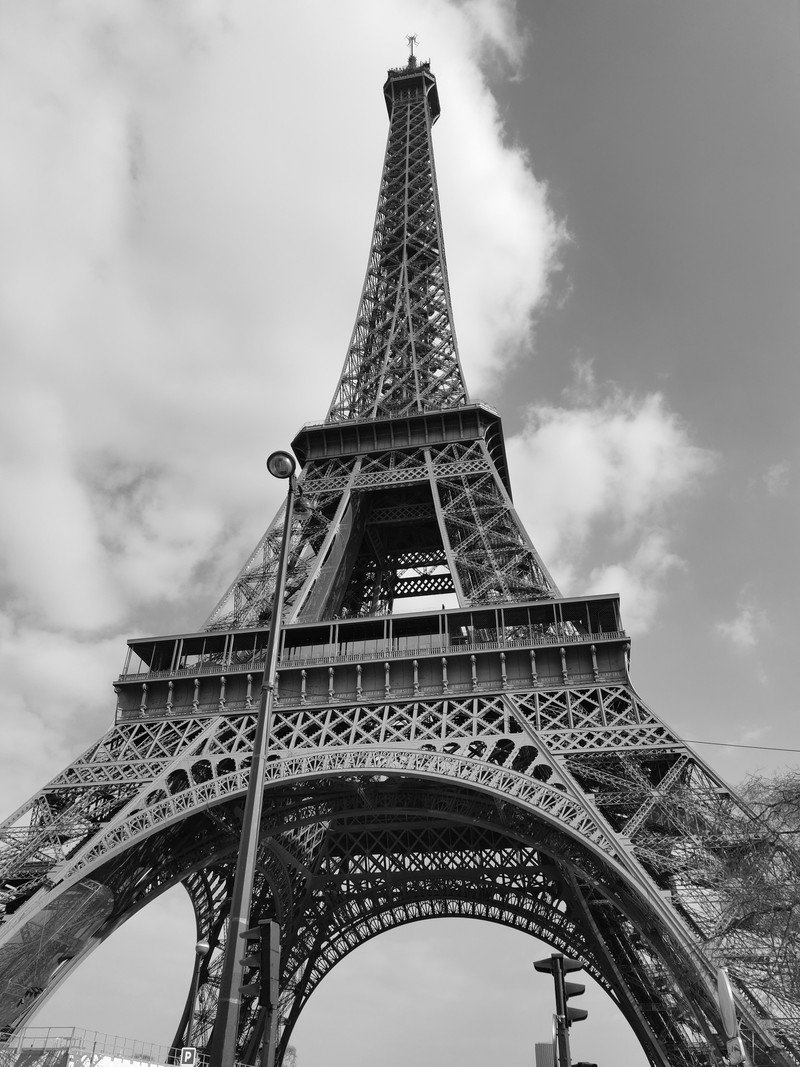


The P30 Pro's biggest strength is its versatility. The day after the P30 Pro launched in Paris in March, I was using it to take photos of the Eiffel Tower and other Paris landmarks. In the 15 years since I was last in Paris, the major sights haven't changed, but phones like the P30 Pro are changing how we capture these memories.
Case in point – I had totally forgotten there were 72 names of the engineers, scientists and others that helped create this wonder. Thanks to the 50x zoom, I could make out each person's name:
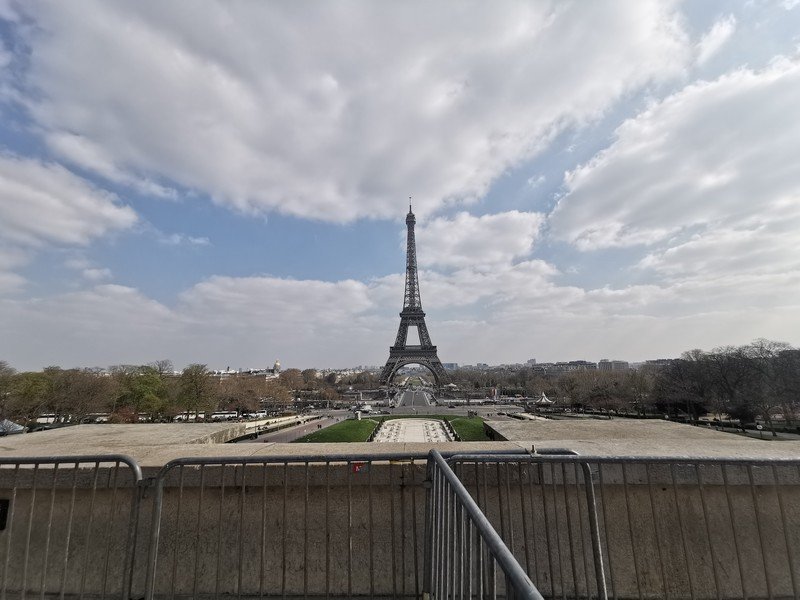
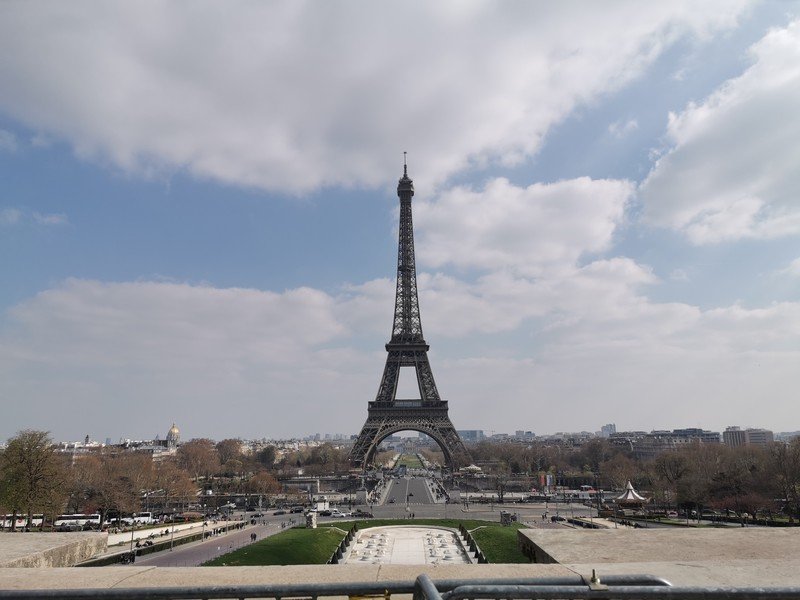
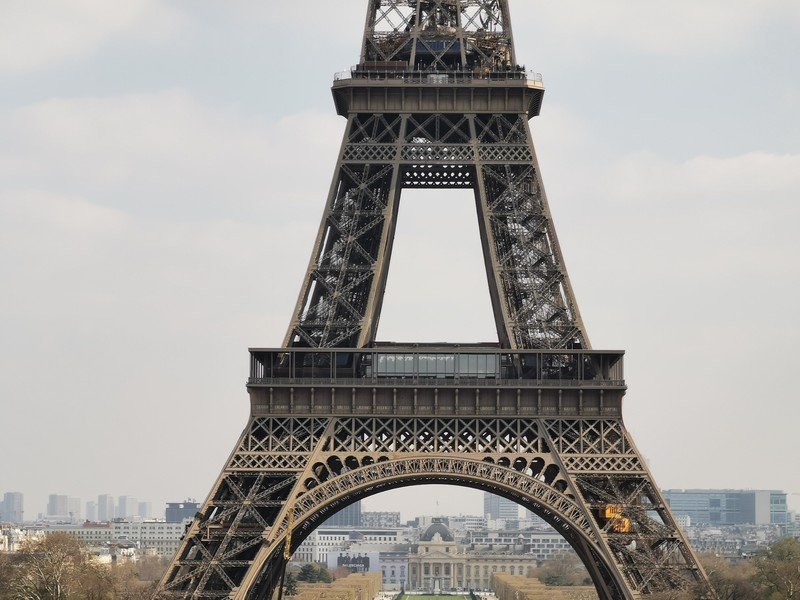
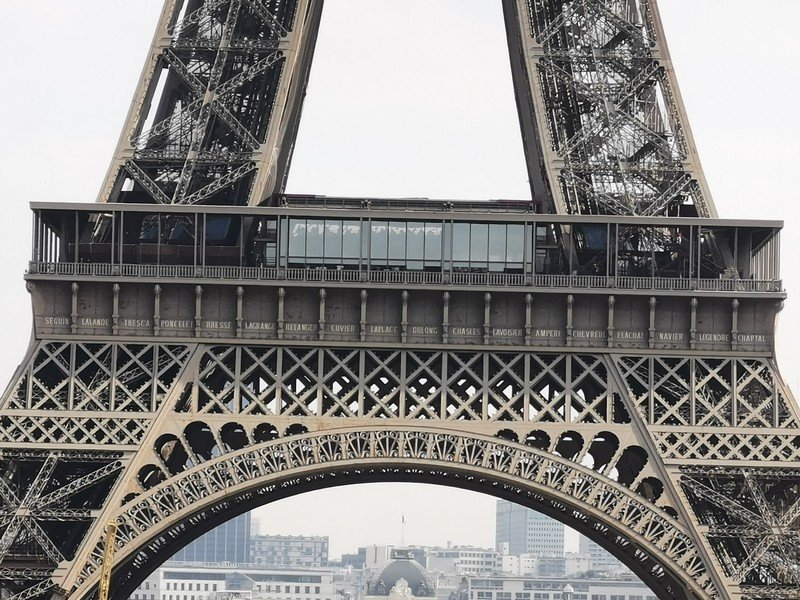
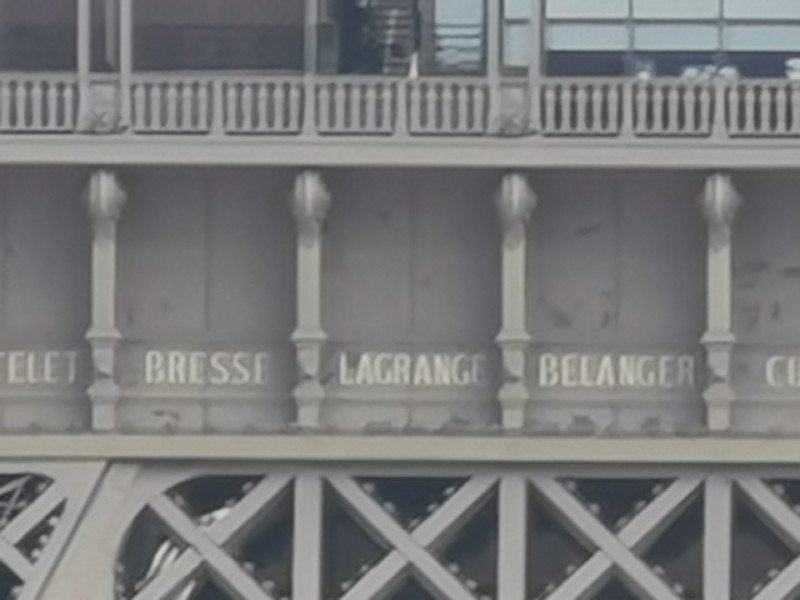
At the beginning of June, my little sister got married and the P30 Pro captured some incredible moments. In particular, the wide aperture mode – which lets you adjust the amount of depth in a photo after capture – made for some stunning photos.
Huawei's Master AI proved to be useful to help boost the colors in the perfect blue sky. The wide-angle lens helped take amazing photos of all the family at the mandap (essentially, the altar at an Indian wedding).
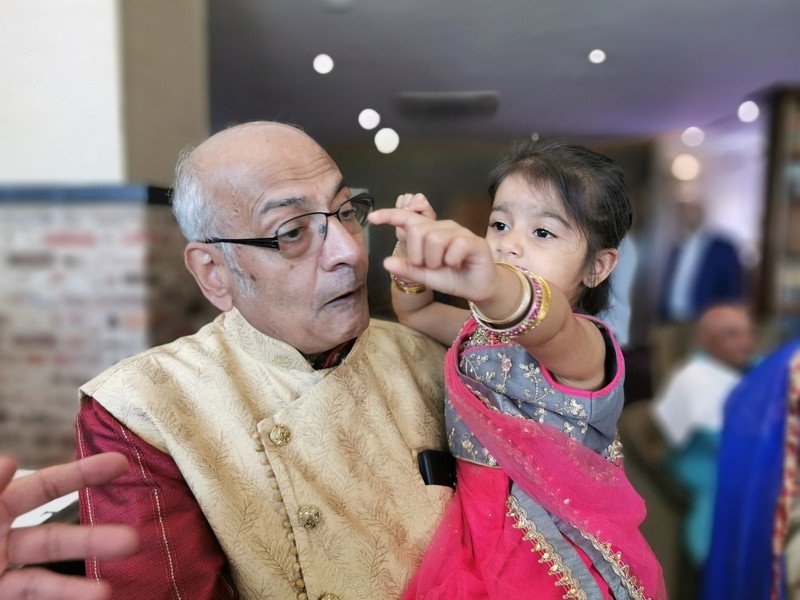
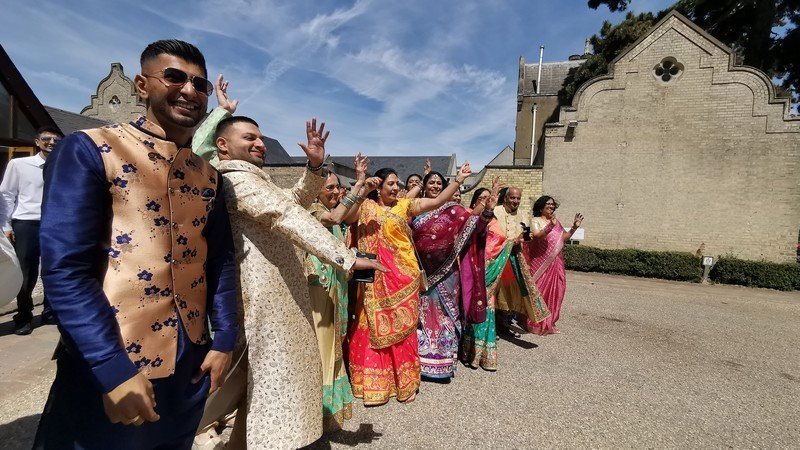
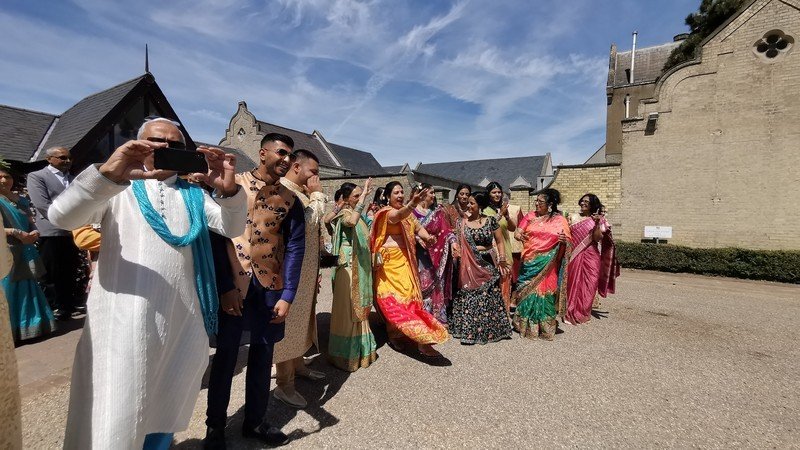
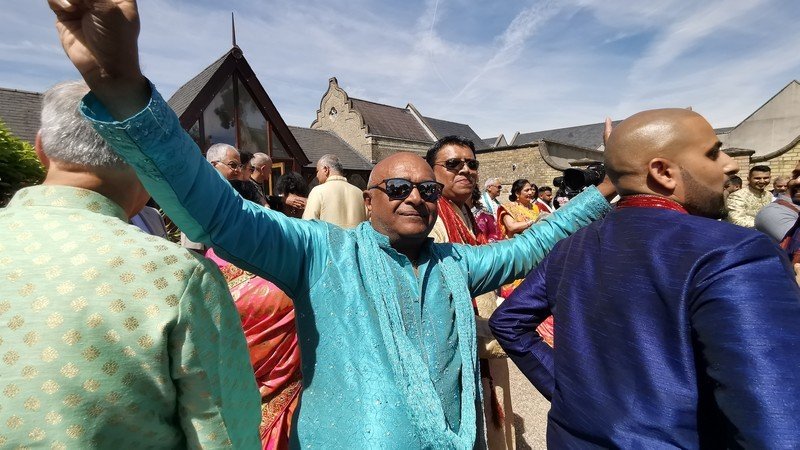
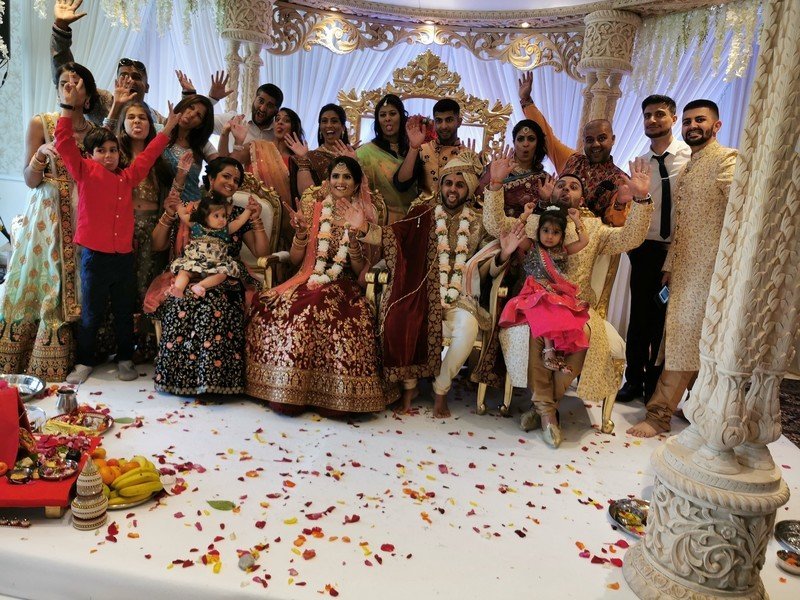
The night mode especially wows me. This camera can take some simply incredible photos, not least when it comes to objects like the Eiffel Tower. In particular, it's fantastic knowing that you can pull out your phone and actually take a photo showing the craters in the moon. I suspect its lowlight prowess is partially down to the unique sensor. Unlike traditional camera sensors which feature Red, Green, and Blue pixels, the P30 Pro uses an RYYB sensor as Huawei swapped out the green pixel for two yellow ones. As a result, the company says photos have 40x more light, and it's clear to see how well it benefits from that new sensor in low light.
Huawei also adds a wide aperture mode to its cameras, and this lets you take incredible photos. In this mode, you can adjust the aperture pre or post-capture and set it between f/0.95 and f/16. The result is fantastic, with stunning amounts of background (or foreground blur if you prefer) for stunning photos:






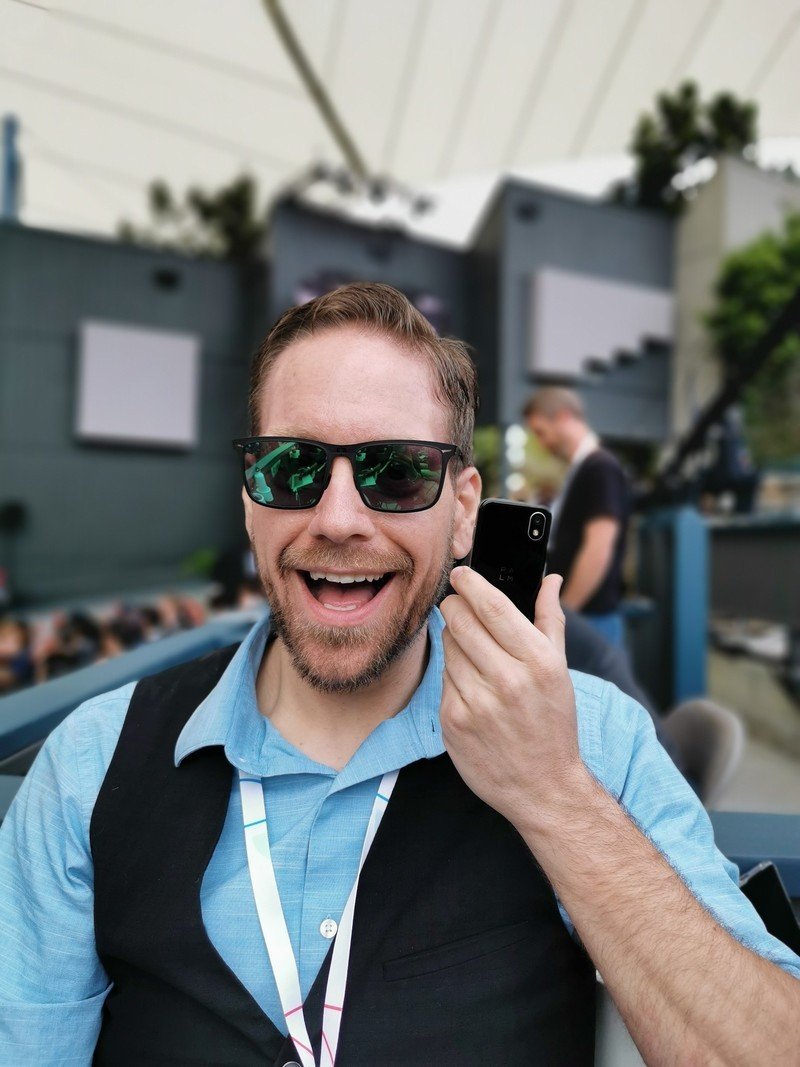
The camera isn't perfect, but the positives far outweigh the flaws. If you love taking selfies, buy a Pixel 3 as the P30 Pro's fixed front-facing camera will leave you feeling frustrated. Similarly, I love the way the Master AI algorithm tweaks saturation and contrast for more vivid colors, but you might prefer the more natural photos captured by other phones. Thankfully, the P30 Pro is more than just a camera with phone parts, it's also an excellent phone.
All the hardware you need
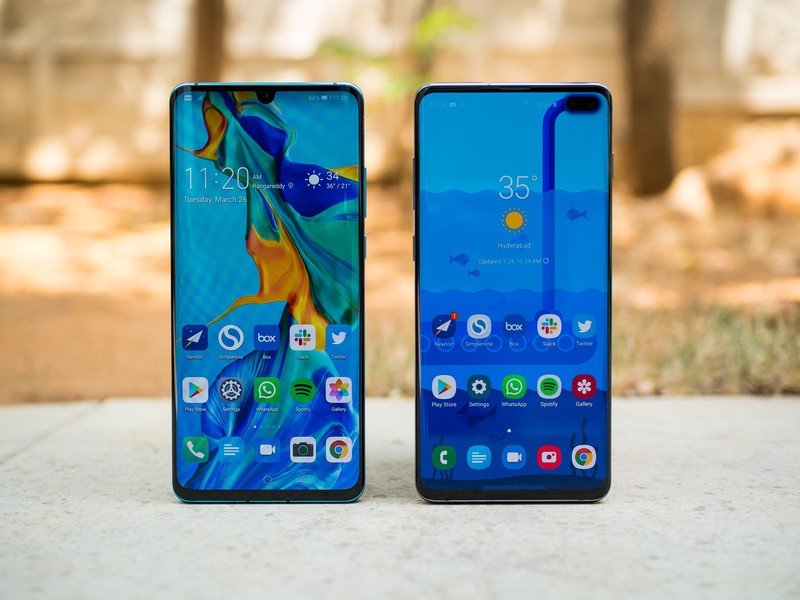
Wireless charging? Check. Stunning battery life? Check. Superfast charging? Check. Smooth performance? Check. I could continue, but the list is rather long. Rather, let me just say: the P30 Pro has everything I need in a phone.
The P30 Pro has everything I need in a phone.
The Galaxy S10 Plus is a fantastic phone, but I found myself needing better zoom and more versatility in the camera. The OnePlus 7 Pro has an incredible screen, but it lacks wireless charging (which I use daily), and the camera isn't up to par. Most recently, the Xperia 1 proves the old adage that good hardware doesn't equal a good camera, as Sony makes camera hardware for all the top flagship devices, but fails to deliver a reliable camera in its phones.
The battery life, in particular, keeps drawing me back to the P30 Pro. During my sister's wedding, it was my primary camera. On both days, it survived about 8-9 hours of constant use, before needing a recharge. That recharge takes mere minutes, so connecting the SuperCharger for about 45 minutes between functions was usually enough to see me through the rest of the day.
Even a broken screen won't stop me
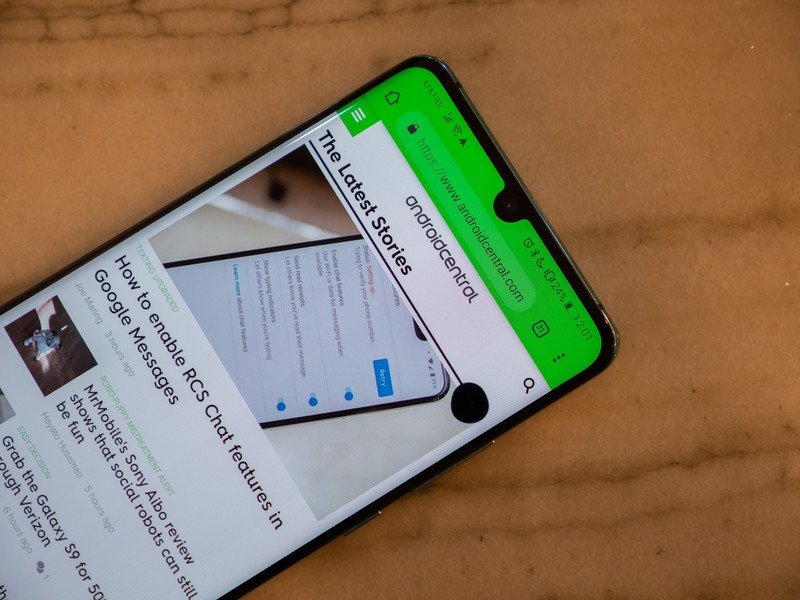
I change phones often enough that I rarely damage them beyond the usual wear and tear. The last phone I broke was the Xperia Z5 Premium almost four years ago, which slid off a couch, hit a table and smashed to pieces. That was at least true until about six weeks ago – it was 3 am, I got out of the car and forgot the P30 Pro was in my lap. It hit the tarmac and thankfully the case saved it from damaging beyond a small piece of the internal display.
It would have been easy to switch to another Android phone, and I did for a while. First I revisited my favorite little phone ever: the Galaxy S10e. Then it was back to the OnePlus 7 Pro. Next came the Galaxy S10 Plus, before the Xperia 1 showed up at my door. Despite using all of these, I keep returning to the P30 Pro.

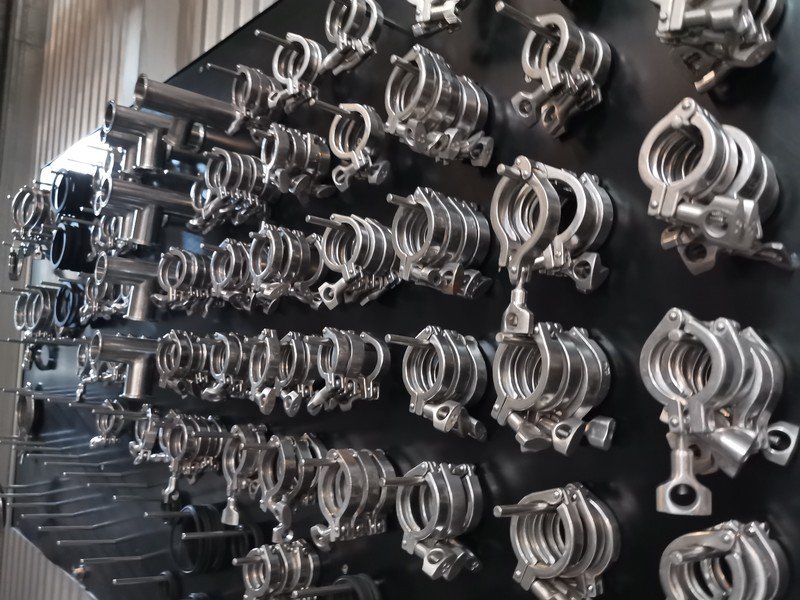
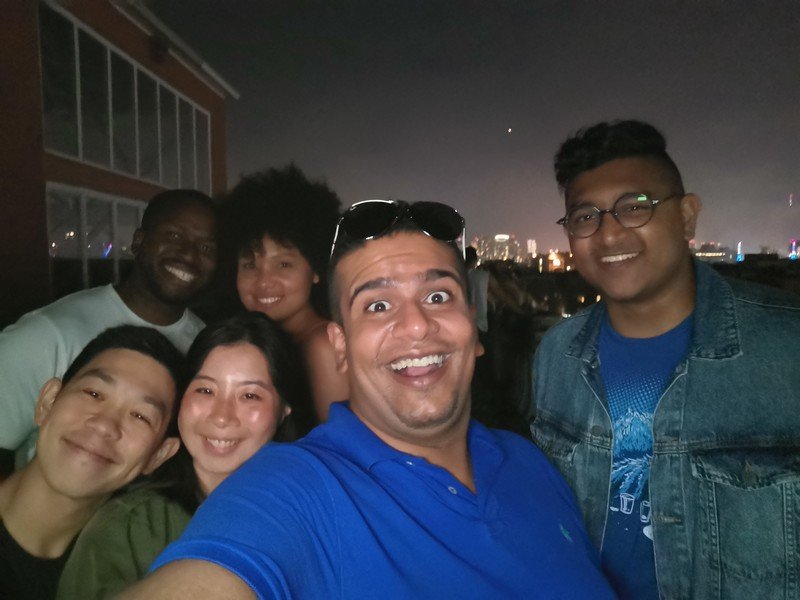

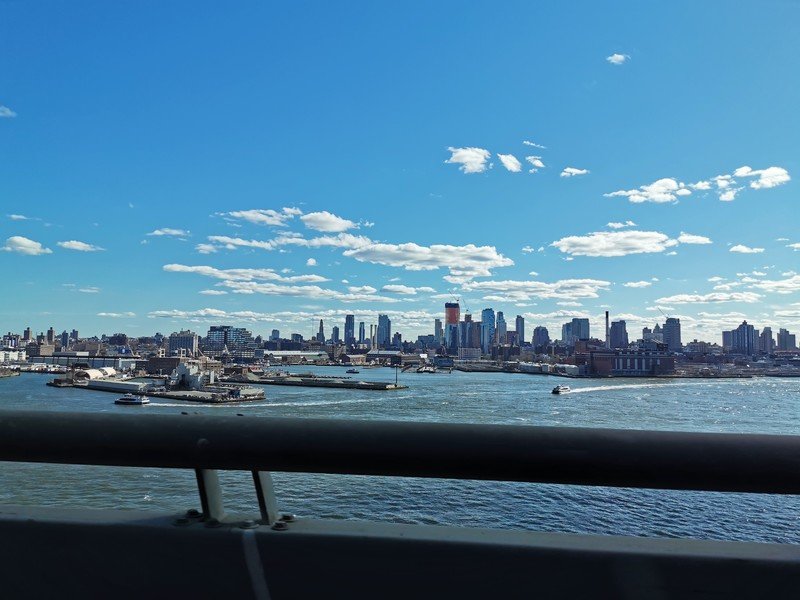
Take the 4th of July fireworks in Brooklyn. I was at a friend's rooftop party about 2 miles from the fireworks and had both the Xperia 1 and the P30 Pro with me. The former failed miserably at capturing anything resembling a photo you'd want to look at, while the P30 Pro stole the show as it captured some incredible photos. The following photos speak for themselves, and were captured at a variety of zoom levels (0X, 5X, and 10X):
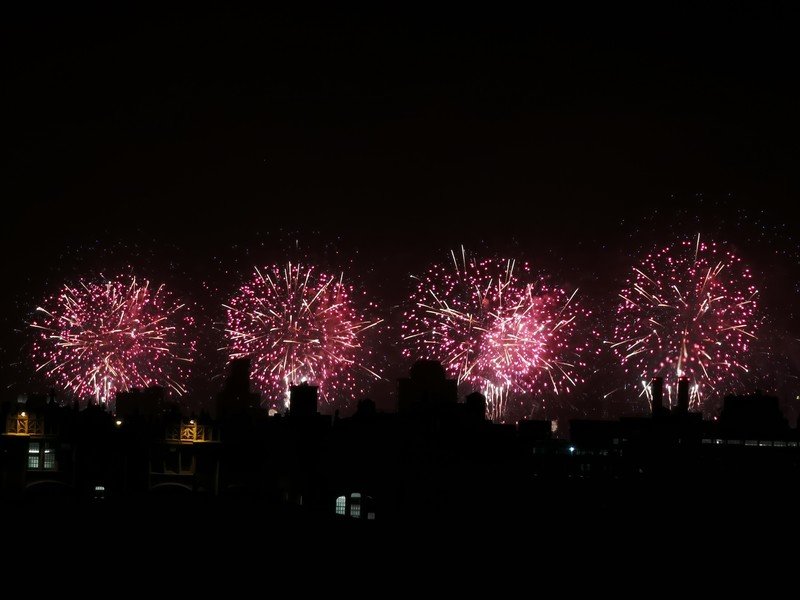
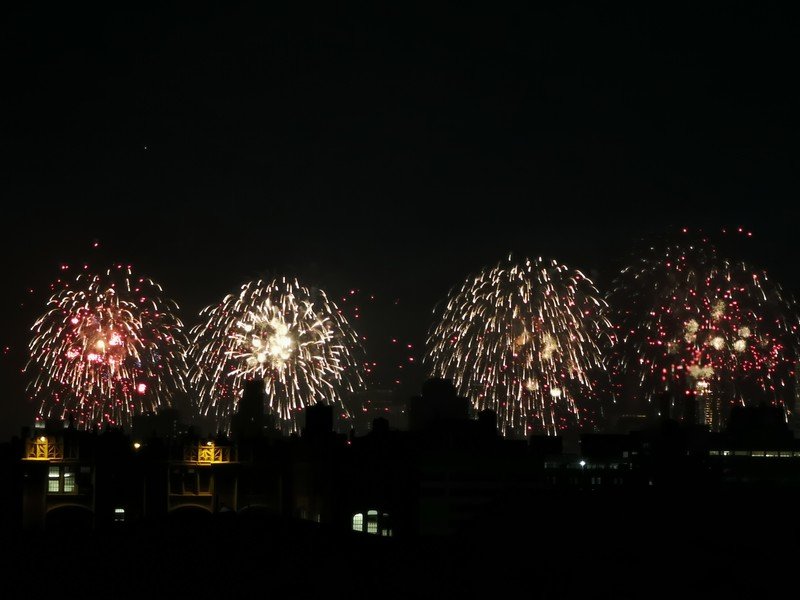
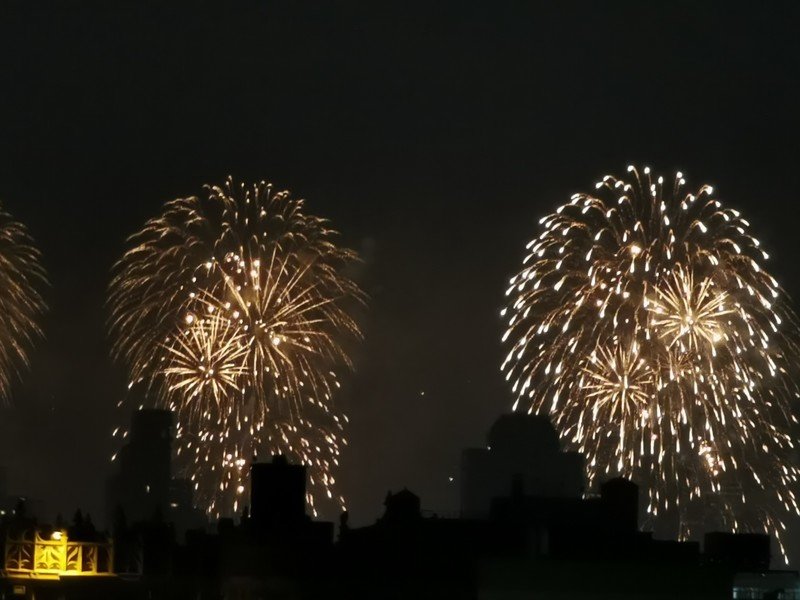
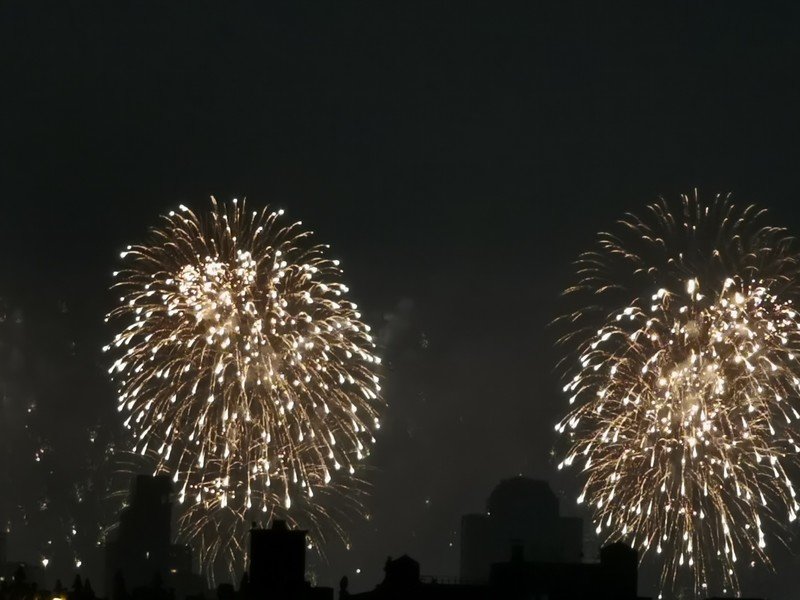
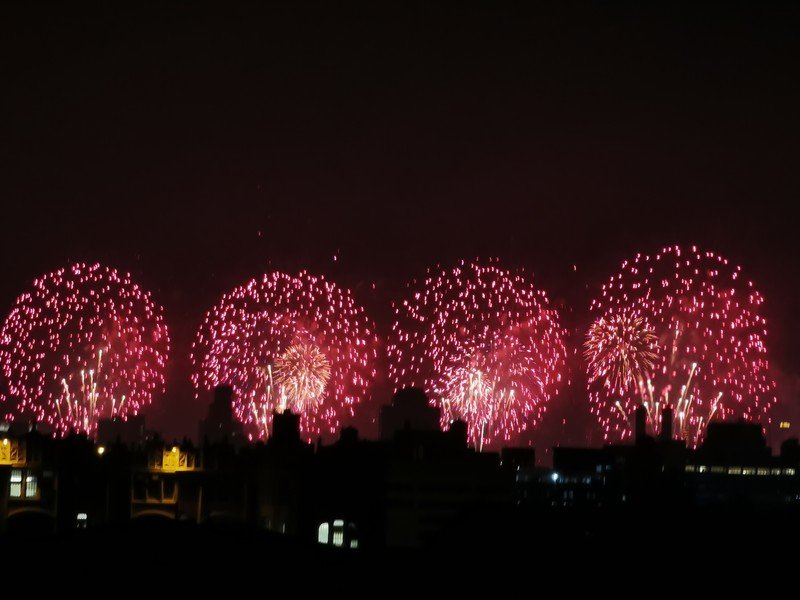
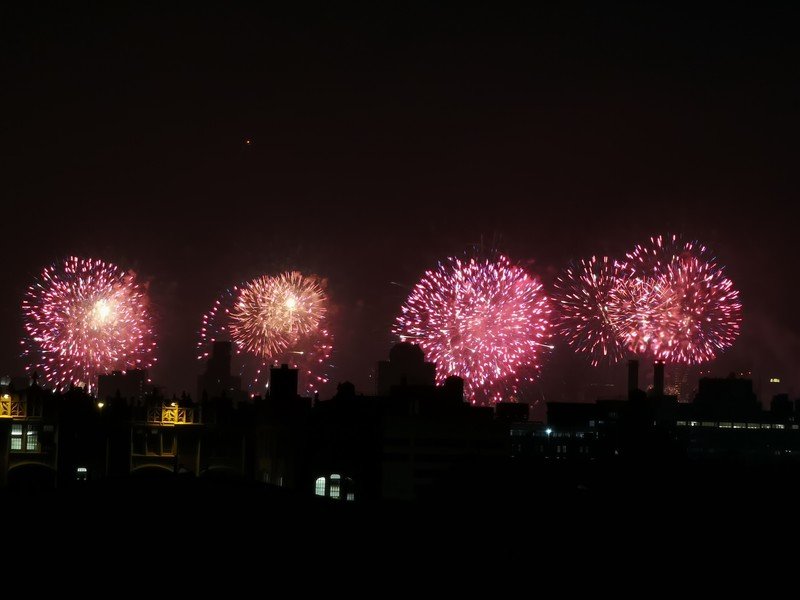

My P30 Pro screen works fine apart from the top right quadrant, which also happens to be where many apps have the hamburger menu. As a result, there's often a send button or menu option I need to select but that part of the screen won't respond. The workaround is a quick swipe on the navigation menu, which shrinks to the screen to make it one-handed friendly. It's annoying, but I like the P30 Pro that much, that I'd rather use it with a broken screen than not use it at all.
It's a great phone, but what about the ban?

Revisiting most phones after 3 months is easy: a few things change with a software update, but it's mostly the same experience. The P30 Pro is a phone that's steadily gotten better over the past 3 months, yet its political issues in the USA have had a huge effect on Huawei's business.
Can Huawei keep its Android update promise?
During the fortnight I was in the UK for my sister's wedding, more than ten people asked me whether they should sell their P20 Pro, Mate 20 Pro or P30 Pro. It's a tough question as the last three months have been a roller coaster, but as it stands, it looks like Huawei's issues have been partially resolved.
Of course, things could change overnight, yet again. Should the P30 Pro suddenly lose access to all things Google it would be a different conversation, but while there may be threats of exactly that happening, it seems likely that at least this device will continue to be fully supported.
U.S. companies can now work with Huawei again – except when they can't
Devices like the Galaxy Note 7 have inspired a cult-like following in the past, with some users of the former holding onto their device until Samsung completely disabled it. Should the P30 Pro lose access to the services I use daily, I'm fairly certain I would continue to use it as a standalone camera. It's that good, that I'm already planning to buy one once this review device returns to Huawei.
Huawei P30 Pro bottom line You should buy it
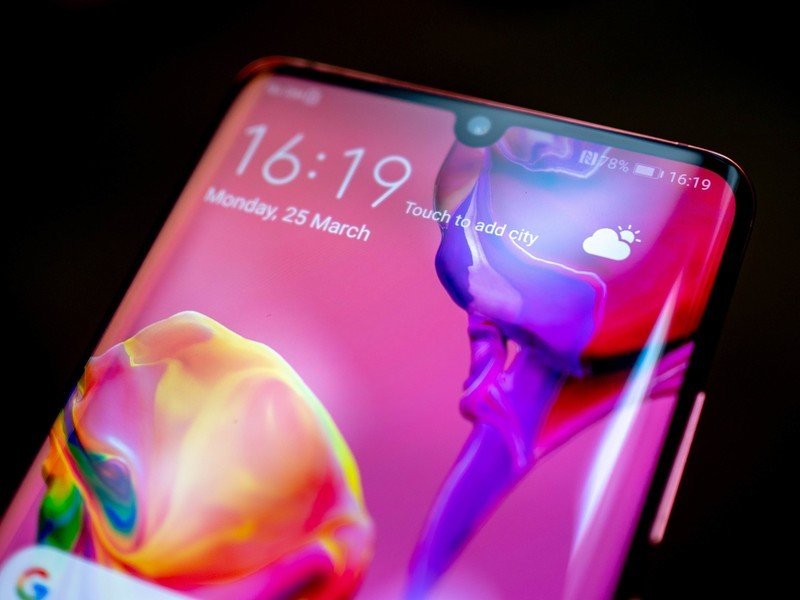
I've used the P30 Pro in the USA for three months, and it's easy to recommend it. I've used it on both AT&T and T-Mobile, and it works flawlessly, but won't access certain features like Wi-Fi calling. It supports all the bands you'll need for either of those networks or any MVNOs that run on those GSM networks. I also tried it with Verizon, which proved an interesting challenge. It did pick up an LTE signal but isn't provisioned for use on Verizon, so you won't be able to activate your service.
4.5 out of 5
There's no such thing as a perfect phone, yet the P30 Pro leaves me wanting far less than other phones. That said, technology moves fast and we're about to hit the next wave of smartphone launches. Will the Galaxy Note 10 draw me back into its orbit? Will the Mate 30 series push the boundaries even further? The Pixel 3 worked wonders with one camera so what can Google do with multiple lenses in the Pixel 4? I can't wait to find out, but for now, the P30 Pro remains the only phone I need.
Nirave Gondhia has been writing about the mobile industry for over a decade and began his career selling and fixing phones in the UK. He's used every flagship smartphone over the past five years and carries at least two phones at all times - currently, he's using the iPhone 11 Pro, [Samsung Galaxy Fold and Motorola RAZR. Say hi to him on Twitter at @nirave.
